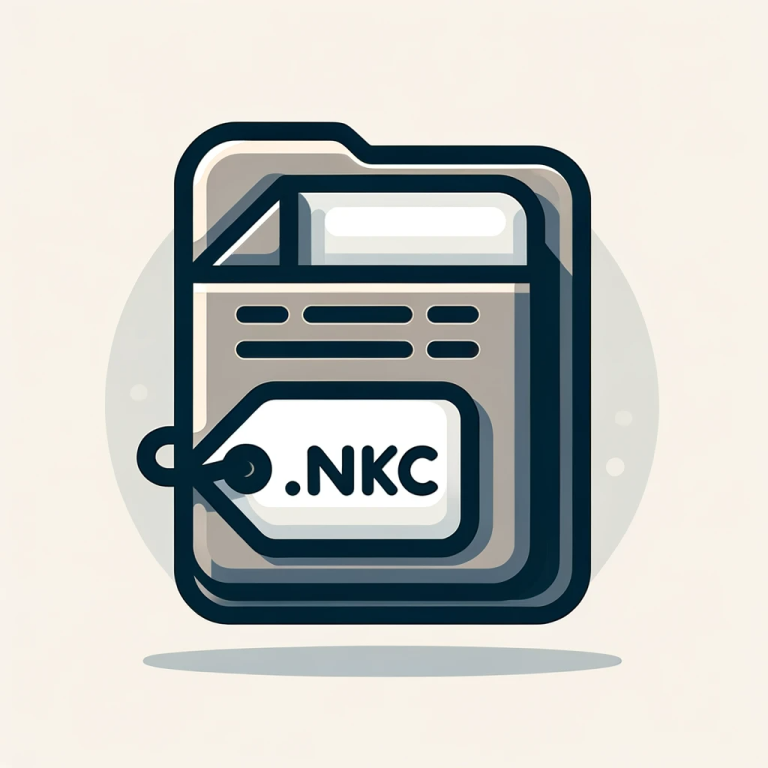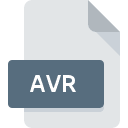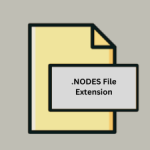.NKC File Extension

Kontakt Library Data File
| Developer | Native Instruments |
| Popularity | |
| Category | Audio Files |
| Format | .NKC |
| Cross Platform | Update Soon |
What is an NKC file?
In the realm of digital music production, there are a multitude of file extensions that correspond to different aspects of audio processing.
One such file extension that has gained prominence in recent years is the “.NKC” file, which stands for Kontakt Library Data File.
These files play a pivotal role in the world of music production, particularly within Native Instruments’ Kontakt software.
In this comprehensive article, we will delve into the origins, history, technical specifications, advantages, disadvantages, conversion methods, and how to open .NKC files across various operating systems.
More Information.
The history of .NKC files traces back to the introduction of Kontakt by Native Instruments in the early 2000s. As Kontakt gained popularity among musicians and sound designers, developers began creating custom instrument libraries to expand its functionality.
These libraries contained a multitude of audio samples, presets, and mapping data to ensure the instruments played correctly within Kontakt.
Managing the extensive content of these libraries was a challenge. .NKC files were introduced as a solution to this problem, allowing developers to encapsulate critical instrument data, making it easier to distribute and manage their creations.
These files streamline the loading process and ensure that instruments function correctly when loaded into Kontakt.
Origin Of This File.
To understand the significance of .NKC files, we must first look at the software they are closely associated with: Native Instruments Kontakt. Kontakt is a powerful sampler and sound library platform widely used by musicians, producers, and composers.
It enables users to manipulate and create high-quality virtual instruments by harnessing various audio samples, mapping them across a keyboard, and applying various effects and modulation.
.NKC files emerged as a way to efficiently store and manage the vast amount of data associated with Kontakt instrument libraries.
These files contain essential metadata and mapping information that Kontakt uses to load and organize samples, making them a cornerstone of Kontakt-based virtual instruments.
File Structure Technical Specification.
.NKC files have a well-defined structure that contains essential information for Kontakt to interpret and utilize the associated audio samples. They typically include:
- Instrument Mapping: .NKC files specify how different samples are mapped across the keyboard. This mapping determines which sample plays when a specific note is triggered, enabling the creation of multisampled instruments with realistic timbre variations.
- Sample References: .NKC files reference the audio samples used by the instrument, including their locations on the storage device. Kontakt uses this information to load the appropriate samples when the instrument is opened.
- Parameter Settings: Kontakt allows users to manipulate various parameters, such as filters, envelopes, and modulation settings. .NKC files store these settings, ensuring that the instrument retains its intended sound and behavior.
- Instrument Metadata: Information about the instrument, such as its name, author, and description, is also stored within .NKC files. This metadata helps users identify and manage their instrument libraries effectively.
- Compatibility Data: Some .NKC files may include compatibility information, specifying the Kontakt version required to use the instrument correctly.
How to Convert the File?
Converting .NKC files (Kontakt Library Data Files) is not a common task, as these files are primarily used within Native Instruments Kontakt and are designed to work specifically with this software.
If you have a specific need to convert .NKC files into another format or extract the audio samples, you can follow these general steps:
Method 1: Use Kontakt’s Export Feature:
- Open Native Instruments Kontakt on your computer.
- Load the .NKC instrument that you want to convert or extract samples from.
- Within Kontakt, go to the “Files” or “Instruments” tab, depending on the Kontakt version you are using.
- Look for an option that allows you to export or save the instrument or samples. It may be labeled as “Export Instrument,” “Save As,” or something similar.
- Choose the desired format for conversion. Kontakt often supports exporting to formats like WAV, AIFF, or other common audio file formats.
- Specify the location on your computer where you want to save the converted files.
- Follow the on-screen prompts to complete the export process. The instrument or samples will be saved in the selected format.
Method 2: Use Third-Party Conversion Tools:
While .NKC files are closely associated with Kontakt, there are third-party audio conversion tools that can potentially help you convert the audio samples within .NKC files into other formats.
One such tool is a batch audio converter like XLD (X Lossless Decoder) for macOS or a similar Windows alternative. Here’s a basic guide using XLD:
- Download and install XLD (or an equivalent batch audio converter) on your computer.
- Open XLD.
- Drag and drop the .NKC file or the folder containing the .NKC files into the XLD window.
- Configure the output format and settings as needed. Common formats for conversion include WAV, AIFF, FLAC, or MP3.
- Choose the destination folder where you want the converted audio files to be saved.
- Start the conversion process by clicking a “Convert” or “Start” button in the converter.
- Wait for the conversion to complete. The converted audio files will be saved in the specified destination folder.
Method 3: Contact the Instrument Developer:
If you need to convert .NKC files because you want to use an instrument in a different platform or software, consider contacting the instrument developer or manufacturer.
They may offer alternative versions of the instrument in more widely supported formats or provide guidance on how to achieve your specific goal.
Advantages And Disadvantages.
Advantage:
- Efficiency: .NKC files streamline the loading process of Kontakt instruments, reducing the time it takes for users to access their virtual instruments.
- Organization: They allow developers to organize and encapsulate all essential instrument data, making it easier to distribute and maintain libraries.
- Consistency: .NKC files ensure that instruments function as intended, preserving their sound and behavior across different systems.
Disadvantage:
- Proprietary: .NKC files are closely tied to Kontakt, making them less versatile for users who prefer other virtual instrument platforms.
- Complexity: Creating and modifying .NKC files requires a deep understanding of Kontakt’s functionality, which can be daunting for beginners.
How to Open NKC?
Open In Windows
You can open .NKC files on Windows by using Native Instruments Kontakt, which is available for Windows operating systems. Install Kontakt, launch the software, and load the .NKC instrument within the program.
Open In Linux
While Native Instruments Kontakt is not officially supported on Linux, you can try using compatibility layers like Wine or PlayOnLinux to run Windows software on Linux.Compatibility may be limited, and success is not guaranteed.
Open In MAC
Native Instruments Kontakt is available for macOS. Install Kontakt, open the software, and load the .NKC instrument within the program.
Open In Android
Unfortunately, Native Instruments Kontakt is not available as a standalone application for Android devices. .NKC files are primarily used in professional music production on desktop platforms, and there are no native Android apps designed to open them.
Open In IOS
Similar to Android, Native Instruments Kontakt is not available as a standalone app for iOS devices. .NKC files are primarily used on desktop platforms, and there are no native iOS apps designed to open them.
Open in Others
If you are using an operating system or platform not mentioned above, and it does not support Native Instruments Kontakt or similar software, your options may be limited. .NKC files are closely tied to Kontakt and are best opened on platforms where Kontakt is available.













